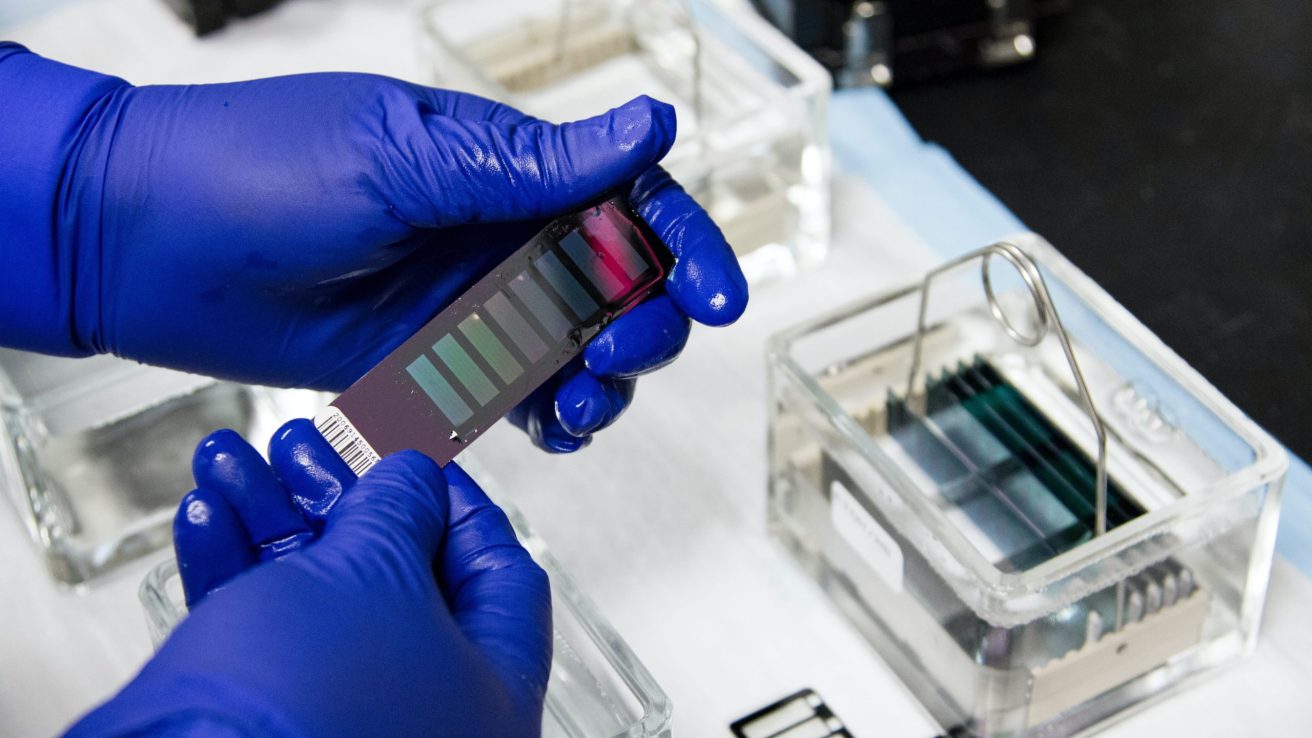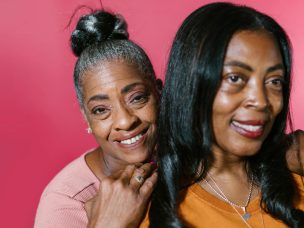A trial of endocrine therapy after breast-conserving surgery will aid in patient treatment decisions regarding the choice of adjuvant therapy. Among the large number of women that are diagnosed with breast cancer each year, many receive some form of radiotherapy as part of their treatment plan. Some patients are able to receive therapeutic treatments that don’t involve radiotherapy, to varying degrees of success. This study specifically looks at the tolerability of anti-endocrine therapies in elderly women with early-stage, favorable breast cancer diagnoses.
The specific therapy in question for this study is adjuvant monotherapy with endocrine therapy. This therapy can be used as an alternative to radiotherapy in patients that fulfill certain criteria, usually those with especially favorable outcomes.
Bypassing radiation therapy is done on the condition that patients commit to five years of endocrine therapy. Many patients, around 25-30%, discontinue their treatments before the full five years is complete. This can result in unfavorable outcomes and is done for various reasons. Side effects of endocrine therapy seem to be the most prominent reason for early discontinuing.
The study aims to assess specific parameters related to the patient experience of endocrine therapy, as a way to establish and analyze its tolerability. The study will involve 40 women over an 8 week period, within 8 weeks of their completing breast-conserving surgery.
All patients involved must have T1N0 invasive breast cancer, and be 70 years of age or older. Patients with metastatic cancer or another malignant disease will not be considered for the trial. There are a variety of other conditions in place that help the study focus on parameters related only to the tolerability of endocrine therapy.









